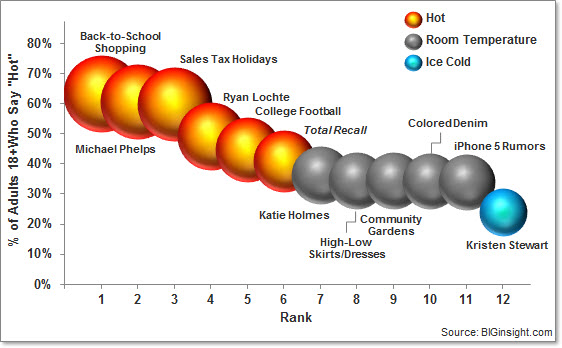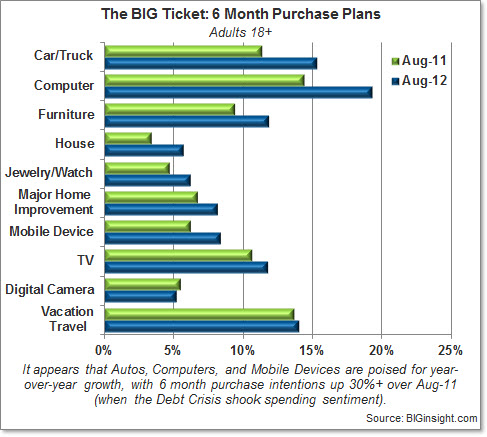Another in a continuing series of Jay Trachman treasures:
There's nothing wrong with pounding home the "basics": call letters, frequency, your name, the station positioner or slogan. You've got to give people your "address," so they can get back to you. And, the theory goes, if they hear it enough times, just maybe they'll remember when the rating diary falls into their hands.
It may be true, but it's not the whole story.
So let's explore the topic in a little more depth...
Imagine you're at a party where you meet a lot of strangers. If you're like me, you'll forget most of them by tomorrow. Of those you remember, what sticks in your mind? Three principal things: name, appearance and personality.
Who will you remember? The ones who impress you in some way, either positively or negatively. People with whom you've carried on a conversation, found you're on more or less the same wavelength, felt you'd like to know them better. Or, the one who made the biggest fool of him or herself.
Now, try this fantasy: supposing you were introduced to a lot of people, several times. "I'd like you to meet Joe, Mary, Steve, Shirley and Andy. That's Joe, Mary, Steve, Shirley and Andy. Got that? Joe, Mary, Steve, Shirley and Andy." An hour passes, and none of these people distinguish themselves from the rest of the crowd in any way that matters to you. By now, how many names do you think you'll remember? If you're like me, maybe one. (Usually, the most attractive woman.)
On the other hand, supposing, at this party, you make three new friends, and spend some time chatting with each one. Mentally, you hope to get together with them again after tonight. How many of *them* do you think you'll remember?
See my point? Let's re-cast this as a listener with a dial full of radio stations, punching the "seek/scan" button. And every time they stop at a new station, they hear the call letters, frequency or slogan. How many do you think they'll remember?
But now, our fantasy listener hears something that catches her attention: her favorite song? Perhaps. Maybe a DJ who's saying something to which she responds emotionally. She likes what she's hearing; she enjoys the brief experience. I submit, this is the one station she will remember, because she is motivated. Motivation is more important than repetition in this process.
Why would a new listener want to remember your station so he or she could find their way back? Because you play the most songs in a row? Because you play the hottest hits? Or the most favorite oldies or the "truest" Country Music?
Don't make me laugh.
When everybody's playing more or less the same music, all in a row,
you may think that your slogan or positioning statement is important to your listener, but the evidence is that he or she can't tell your station apart from all the others that are doing essentially the same thing.
Yet that's how 90% of the radio stations attempt to position themselves today. "Most hits, best variety?" If you were a listener with a choice between stations that play 10 in a row, 20 or 30 in a row, would this have meaning to you? What are you offering that he or she can't get anywhere else,
and that has meaning to them?
The station must be doing something the listener can perceive as unique, and the DJ has to be talking about things that no one else in town is. Like... his/her own perceptions and responses to life, his experiences as a husband or wife, as a parent, a music lover, a shopper, a jogger, blogger, biker or bowler; above all, as a citizen of this place on this day.
Appeal to me as a fellow human being;
that's what I need to motivate me to remember those call letters and that positioning statement.
No matter how many times you say it.


























